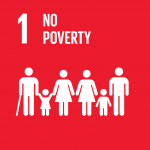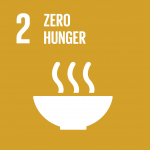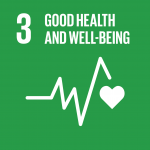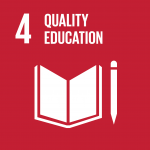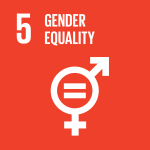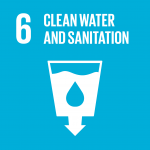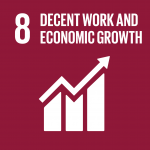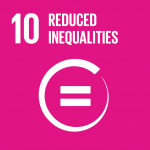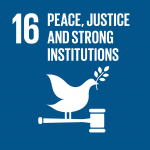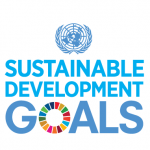There are nine goals presented in this analytical framework. The goals were selected in consultation with the key national stakeholders as having the most direct implications for the human rights recognized under the core international instruments, particularly the Universal Declaration on Human Rights (UDHR), the International Covenant on Economic, Social and Cultural Rights (ICESCR) and the International Covenant on the Civil and Political Rights (ICCPR).
However, it is important to note that all 17 SDGs have important human rights implications. It is therefore important to expand this approach to link the developmental objectives with human rights obligations and identify any existing gaps for the other 8 SDGs as well. This is in line with the intentions of the key stakeholders behind this document to continue working on the framework, to further elaborate the analysis contained therein and to cover, incrementally, the entirety of the 2030 Agenda and its 17 SDGs.
This analytical framework serves as the background paper for the Multi-stakeholder Consultation and Workshop on SDGs and Human Rights (Jakarta, Indonesia, 26-27 April 2017), and the Workshop on Enriching the Web-based Tool for the Human Right-based SDGs Monitoring (Jakarta, Indonesia, 16 October 2017). These two workshop have been conducted and aimed to inform, disseminate and gather inputs of the web-based tool developed for monitoring progress towards SDGs from the angle of human rights to various stakeholders. The framework is a living document that will be revised in the light of the experiences and developments in Indonesia’s progress towards the achievement of 2030 Agenda and the related national developmental objectives.
Input, suggestion, and proposed revision to the paper can be addressed to:
Ms. Yasmin Purba
Email: [email protected]
Mr. Irakli Khodeli
Email: [email protected]
Komnas HAM
Email: [email protected]

